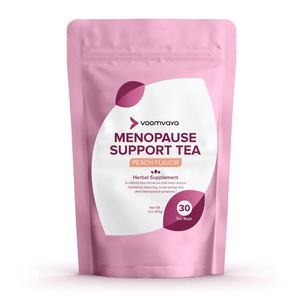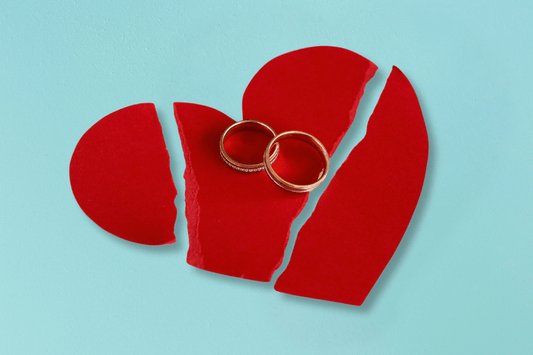Melissa Asks...

Melissa, I’m so sorry for your distress and you are not alone with this problem. The good news is that this is a fixable problem especially since it is new onset rather than long standing.
Sex drive is a complex interplay between health status, hormonal fluctuations, psychology, and relationship issues.
I’ll start with Vagifem. Estrogen alone is not the only answer to your question, but it does factor into vaginal well-being. Vagifem is an intravaginal form of estrogen that helps maintain vaginal health by supporting collagen formation and the blood supply to the vaginal tissues. Without estrogen, the vagina gets narrower, loses its elasticity, and gets dryer.
Once vaginal atrophy gets advanced, you can experience even worse symptoms such as bladder irritation, urinary leakage, pain during sex, and a higher pH which makes you prone to conditions such as Bacterial Vaginosis (BV). BV can cause a weird runny discharge and bad odor.

Since Vagifem isn’t working for you, you could try another type of estrogen such as Femring which is an intravaginal device that releases a low amount of estrogen directly into the vagina and has no associated mess.
The reason that vaginal health is so important is that once you start having pain with sex, a vicious cycle of avoiding sex due to pain might kick in.
The other problem with sex drive in menopause is that not only estrogen and progesterone decrease but so does testosterone and other androgens.
Testosterone is essential for sex drive, and many times, supplementing it can have a dramatic effect on sex drive and sexual pleasure. Since you don’t like vaginal creams, I suggest an oral formulation of estrogen and testosterone.
There are also topical formulations of both (patches and creams) and injectable forms. If that fails to work, you might consider some baseline blood levels of hormones and a test of your thyroid function. That might be a good place to begin before doing any of my suggestions.
One other idea comes to mind and that is the new vaginal rejuvenation procedures that use either lasers or radiofrequency to improve lubrication and vaginal health. Combined with the ‘O’ shot, women are getting fanstastic results.
Sometimes, low sex drive is due to a mood disorder such as depression that can creep up during the menopause. Low sex drive might be the first symptom of depression or anxiety.
This is all manageable so talk to your gynecologist that has a particular focus in menopausal health. And, the good news is that there are new medications on the horizon to treat low sexual desire but it is not yet FDA approved. Help is out there. Good luck.





